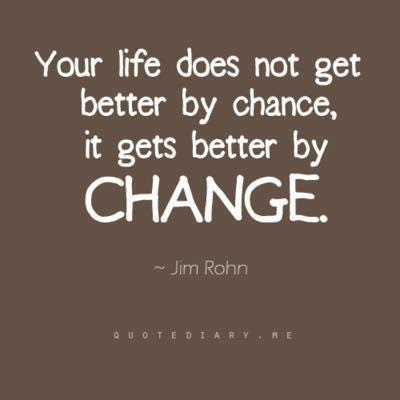Making The Right Choice
When your school age child has a learning difference and yours child’s future is at stake, you want to make the right choice. How do you decide, from all the options available, the best choice for his or her education? While each situation is unique, here are some considerations that may help you and your child make that decision.
Consider Asking Yourself…
Q.
Is the entire school fully committed to and structured around teaching children with learning differences?
A.
Most of the schools offer special programs supplemental to their core curriculum in which the student attends special classes that others do not. Students with learning differences are an ancillary, not a primary, focus of the school. Moreover, the content curriculum may not be fully integrated with the learning strategies. Students with a learning difference may, therefore, experience difficulty keeping up.
Q.
To what extent is the faculty trained in teaching students with learning differences?
A.
There are a number of excellent programs that certify teachers. Perhaps the most well known program is Schools Attuned run by the All Kinds of Mind Institute out of the University of North Carolina. Consider how well-versed is the school’s faculty in proven methodologies that address learning differences.
Q.
Is the school “mainstream” in its overall approach to the child’s total educational experience?
A.
Many parents of students with learning differences are looking for an experience that is broad, challenging and parallels that of traditional preparatory schools. This allows their son or daughter to expand and enhance personal growth through athletics, the arts, community service, leadership opportunities and strong personal relationships with teachers and students.
Q.
Does the school provide students with the latest in assistive technology?
A.
Technology is an important tool for students with learning differences. Schools that provide state-of-the art methodologies strongly linked to the latest technology provide a more enriching and productive educational experience.
Q.
Does the school emphasize character development as much as it does intellectual curiosity?
A.
Some schools place great stress on values such as citizenship, responsibility, integrity, perseverance and mutual respect. These are values that the school promotes each and every day and are built into the academic and residential life experience. Understand the core values of the school and how these are actually reinforced within the school’s program.
Q.
Does the school focus on self-advocacy?
A.
One of the keys to a successful educational experience is the extent to which a student with a learning difference becomes a confident and articulate self-advocate. Graduates who leave their school with strong self-advocacy skills develop greater self-esteem and self-worth.
Q.
Does the school provide multiple learning models or approaches that can be tailored to the unique needs of each student?
A.
Each student is unique with respect to his or her own learning style. Programs should be able to respond to these differences when needed by applying techniques and approaches that best afford the student the opportunity to succeed.
Q.
Does the school provide learning strategies that prepare students for college and for life?
A.
Some schools rely primarily on tutorial and one-on-one approaches which may help a student complete a specific assignment but not reflect models that will characterize the college experience. Learning strategies should represent a continuum of services that prepare students for the realities and rigors of college by encouraging and helping students become independent learners.
Q.
Do all the students feel like they belong and are part of a close knit, caring community?
A.
All students should feel like they “fit” in their school; that they are like everyone else. And they should feel safe and respected in a community that genuinely cares about them. Talk to students at the school as to how the community treats and supports each other.
Q.
Does the school provide a college preparatory program?
A.
Does it offer a comprehensive and challenging content-based curriculum well-grounded in the basic academic disciplines and reflective of the level of knowledge required to undertake college work?

























.jpg)
.jpg)






